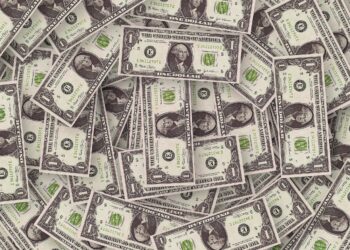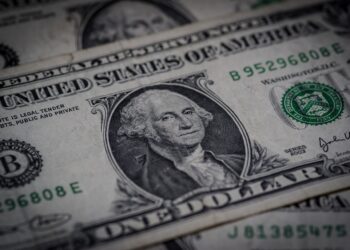The United States inflation rate fell to 2.9% last July which was the lowest ever since March 2021 and stirred expectations over a Federal Reserve interest rate cut in September. The Bureau of Labour Statistics reported that consumer price index (CPI) rose by 0.2% from June driven mainly by housing related costs which accounted for almost ninety percent of this increase. On an annual basis, Core CPI excluding food and energy prices increased by 3.2%.
At this point in time, the Federal Reserve could decide to lower borrowing costs as inflation seems to be decreasing. The Fed has been holding interest rates at 23 year high from March 2020. The latest figures show the first month in March 2021 with a CPI below three percent since then, it has decreased 0.1 percentage points from June’s rate.

Market reaction was mixed since futures markets were favoring slightly a quarter-point rate cut during September. By December investors expect a full percentage point reduction in interest rates. While stock futures held steady the two-year Treasury yield went up by 0.03 percentage points to 3.97%. Among those who commented Dean Maki (Point72 Chief Economist) mentioned:
“This keeps the Fed on track to 25 basis points in September” while; “Without recession inflation can return to its target of two percent” as Fed Chair Jay Powell reiterated his earlier statement that inflation can easily fall back to two percent target without any down turn.
This development comes alongside slow growth in America’s employment market that was characterized by few job openings within the month

















